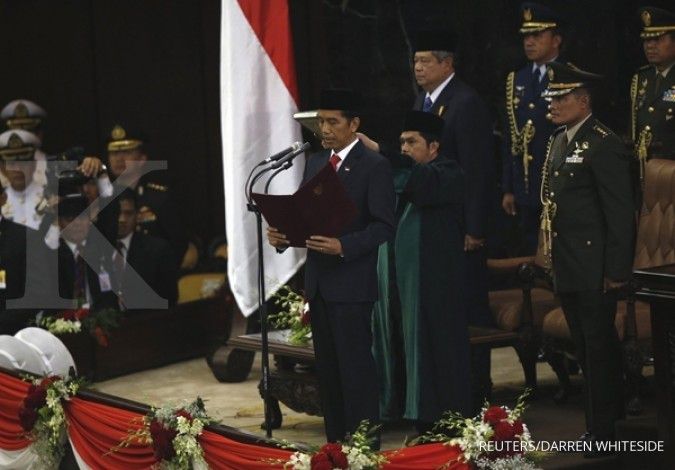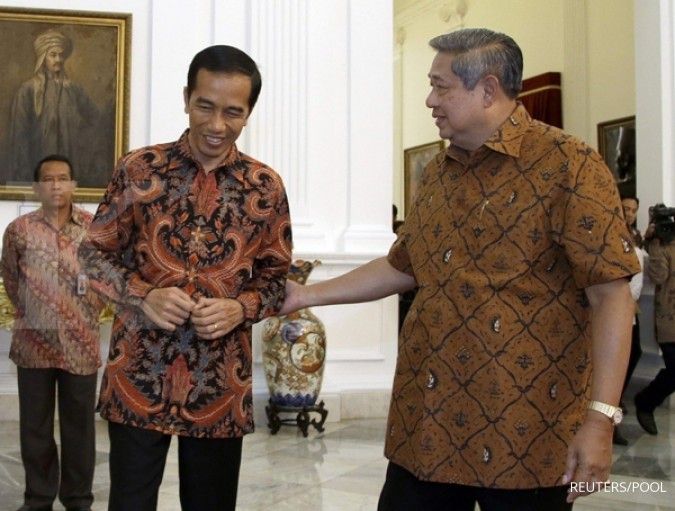JAKARTA. Experts say the new Indonesian government led by Joko “Jokowi” Widodo and Jusuf Kalla must immediately improve the management of religious diversity in Indonesia, in line with principles of the 1945 Constitution.
“Three critical problems, namely the issue of houses of worship and religious blasphemy allegations, discriminatory impacts of definitions of a religion and discriminative regional bylaws, need to be immediately resolved,” said Mohammad Iqbal Ahnaf, coordinator of the public education division of the University of Gadjah Mada’s Center for Religious and Cross-Cultural Studies (CRCS-UGM), at a press conference on Monday.
The three main issues are stated in the center’s document on recommendations regarding religious diversity in Indonesia, which it will submit to the new Jokowi-Kalla administration.
“Of the three issues, the problem affecting Ahmadiyah refugees in West Nusa Tenggara and Sidoarjo, East Java, is the most urgent for us to resolve,” said Iqbal.
He said the government needed to show its political will to fulfill Ahmadiyah refugees’ basic rights that had been long neglected and to start reconciliations so that they could return to their hometowns without having to convert to other faiths.
“The success of the new government in handling the problems of Ahmadiyah refugees will become a symbol of its success in tackling problems related to religious diversity in Indonesia,” Iqbal said, adding that the Jokowi-Kalla administration should also pay close attention to conflicts related to the construction of houses of worship and alleged religious blasphemy.
CRCS-UGM head Samsul Maarif said the new government should review the definition of a religion in terms of what had been conceptualized in Presidential Decree No. 1/PNPS/1965 on religious blasphemy misuse and prevention as well as Law No. 23/2006 on population administration.
He said the definition of so-called ‘religion’ was not given naturally but was very sociological in nature.
“The current definition of ‘religion’ has led to discrimination toward traditional and local faith followers whereas based on our scientific study, theoretically, they can also be defined as a ‘religion’,” said Samsul. (ebf)
/2014/10/20/1829996365p.jpg)











